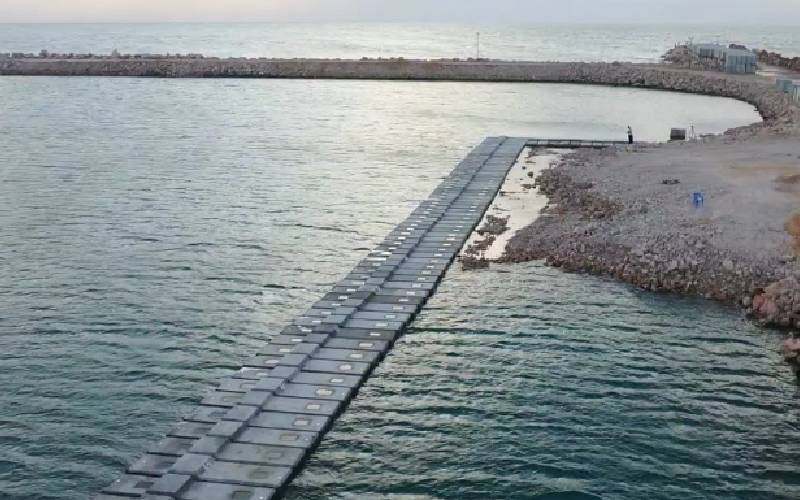×
The Standard e-Paper
Stay Informed, Even Offline

Garacad project, northeast central Mudug region, Puntland. [Courtesy]
Some time back, I received a video clip on my phone via WhatsApp messaging about the opening of the fourth seaport in Somalia which has made news headlines in the country. The clip was about how local business leaders and community leaders had mobilised financial and human resources to build the port.